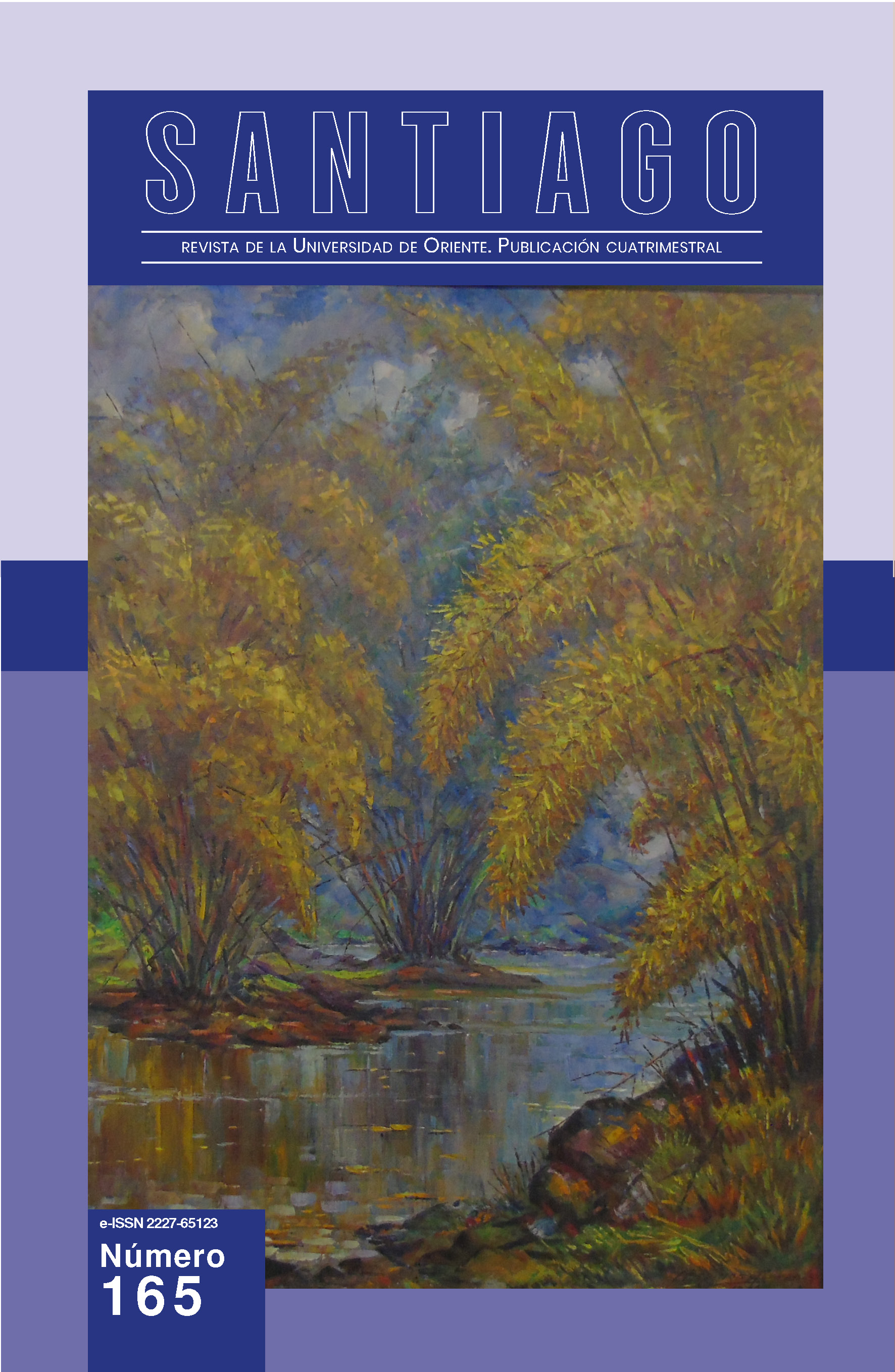Oral history in a digital era: experiences from the COVID-19 pandemic
Keywords:
remote interviews, present time, methodologyAbstract
This article aims to understand the impact of the Covid-19 pandemic and the increasing digitalization of everyday life on Oral History methodology. The pandemic experience accelerated the already established process of accession of the most varied spheres of human life to the internet due to the need for social isolation, strengthening ties between
historians and the digital world. The migration of usual activities from the physical environment to cyberspace was an emergency alternative to replace in-person, established with the aim of containing the transmission of the virus, but which significantly affected the ways of working,studying, researching, accessing information and communication permanently. Oral History was also affected by this context, finding itself forced to revisit its traditional positions on the use of remote interviews. In this way, this work seeks to highlight the new relationships between the context of the present time - of a digital era - and the methodology of oral history, with the pandemic as a milestone for the rapprochement between
orality and the digital. To this end, it is based on the development of the project “Documenting the Covid-19 Experience in Rio Grande do Sul” at PUCRS, research that was dedicated to recording the new coronavirus pandemic from oral sources digitally, between 2020 and 2023.
References
Barros, J. D. Revolução digital, sociedade digital e História. In: BARROS, J. D (Org.). História Digital:A Historiografia diante dos recursos e demandas de um novo tempo. Petrópolis: Vozes, 2022
Brasil, Ministério da Educação (2020, 17 de março). Portaria Normativa n. 343. Dispõe sobre a substituição das aulas presenciais por aulas em meios digitais enquanto durar a situação de pandemia do Novo Coronavírus – COVID-19. https://
Erll, A. (2020). Will Covid-19 become part of collective memory? In R. Rittgerodt (Ed.). 13 Perspectives on the pandemic: Thinking in a state of exception (De Gruyter Humanities Pamphlet) (pp. 45-50). De Gruyter Academic Publishers.
Fay, C. M. & Saval, P.E. (2023). A pandemia da Covid-19 e seus reflexos na educação a partir das ações realizadas pela PUC-RS e do olhar de seus graduandos. In: Carla Simone Rodeghero; Clarissa Sommer Alves; Rodrigo de Azevedo Weimer.. (Org.). História Oral da COVID-19 Reflexões desde o Rio Grande do Sul. Letra e Voz, v. 1, 1-132
Le Goff, J. (1985). As doenças têm história. Terramar.
Le Goff, J. (1990). A História nova (E. Brandão, Trad.). Martins Fontes, 1990.
Levi, G., Passerini, L., & Scaraffia, L. (1977). Vita quotidiana in un quartiere operaio di Torino fra le due guerre: l’apporto della storia orale. Quaderni Storici, 12(35), 433-449.
Nascimento, D. R. (2005). As pestes do século xx: Tuberculose e Aids no Brasil, uma história comparada. Fundação Oswaldo Cruz.
Niemxeski, V. F. (2021, 20 de abril). Entrevista concedida a Luísa Borgmann de Oliveira. Projeto Documentando a Experiência da Covid-19 no Rio Grande do Sul, PUCRS.
Oliveira, L. B. (2022). Documentando a experiência da Covid-19 na PUCRS: Um relato de pesquisa. In C. M. Fay, G. H. Perna, & P. E. Saval (Orgs.). Múltiplas possibilidades da História Oral. Editora Fi.
Organização Pan-Americana da Saúde (2023, 5 de maio). OMS declara fim da Emergência de Saúde Pública de Importância Internacional referente à COVID-19. https://www.paho.org/pt/noticias/5-5-2023-oms-declara-fim-da-emergencia-saude-publica-importancia-internacional-referente.
Pollack, M. (1992). Memória e identidade social. Revista Estudos Históricos, 5(10), 201-215
Portelli, A. (1997). O que faz a história oral diferente. In Projeto História: Revista do Programa de Estudos Pós-Graduados em História da PUC- SP, 14, 25-39.
Raffainer, B. F. (2021, 14 de abril). Entrevista concedida a Luísa Borgmann de Oliveira. Projeto Documentando a Experiência da Covid-19 no Rio Grande do Sul, PUCRS.
Rodeghero, C. S., & Weimer, R. A. (2021). Pode a História Oral ajudar a adiar o fim do mundo? Covid-19: Tempo, testemunho e História. Estudos Históricos, 34(74), 472-491.
Santhiago, R., & Magalhães, V. B. (2020). Rompendo o isolamento: Reflexões sobre História Oral e entrevistas à distância. Anos 90: Revista do Programa de Pós-Graduação em História, 27, 1-18.
Schwarcz, L. M., & Starling, H. M. (2020). A bailarina da morte: A gripe espanhola no Brasil. Companhia das Letras.
Schwarcz, L. M. (2020). Quando acaba o século xx. Companhia das Letras.
Seawright, L., & Maceno, L. (2023). História oral e sociedade digital. Projeto História: Revista do Programa de Estudos Pós-Graduados de História,78, 503-533.
Silveira, L. Q. (2020, 18 de dezembro). Entrevista concedida a Luísa Borgmann de Oliveira. Projeto Documentando a Experiência da Covid-19 no Rio Grande do Sul, PUCRS.
Thompson, P. (1992). A voz do passado. Paz e Terra.
Thompson, P. (2002/2009). História Oral e contemporaneidade. História oral, 5. https://doi.org/10.51880/ho.v5i0.47
Toala-Mendoza, R. D., Mendoza-Zambrano, A. S., Aveiga-Ortiz, A. M., &
Sabando-Loor, R. E. (2023). Implicaciones de la modalidad híbrida distancia-virtual en estudiantes de la ESPAM-MFL, durante la pandemia Covid-19. Santiago, 160, 312-323.
Vásquez-Paucar, M. C., Rodriguez-Cotilla, Z., O-Léon, O. La, & Padilla-Orlando, M. A. (2022). Organización del tiempo de estudiantes universitarios para recibir clases virtuales en tiempos de COVID 19. Santiago, 157, 180-195.
Downloads
Published
Issue
Section
License
Copyright (c) 2024 Claudia Musa-Fay, Luísa Borgmann-de Oliveira

This work is licensed under a Creative Commons Attribution-NonCommercial-NoDerivatives 4.0 International License.
CC Reconocimiento-NoComercial-SinObrasDerivadas 4.0



.jpg)

_de_logo.jpg)













